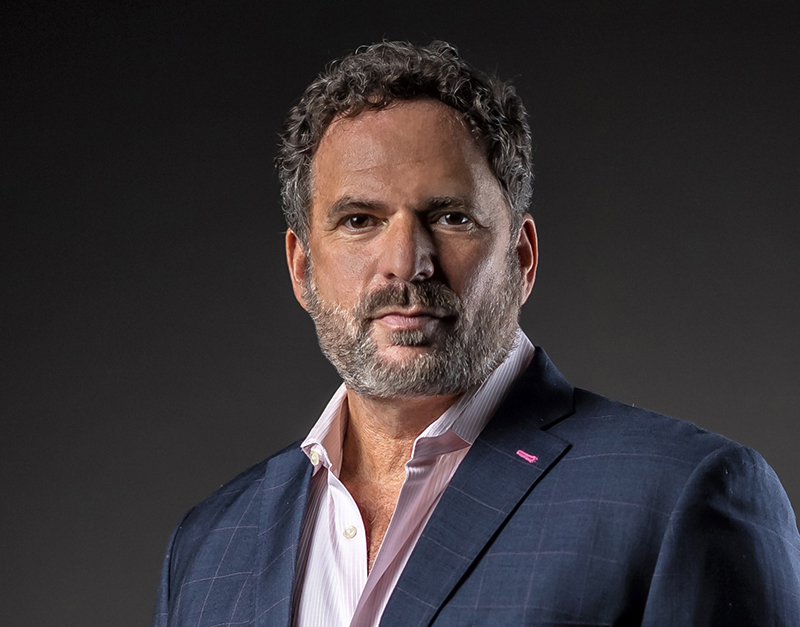There’s a big power struggle going on between the Florida Legislature and local governments that’s raising a red flag with economic development agencies.
Basically, the Legislature wants to take some decision-making by cities, counties and local economic organizations and adopt more blanket approaches. Topics include gun laws, short-term home rentals and tree ordinances.
Some state leaders say the moves are designed to create transparency and consistency, but skeptics say the moves are driven by lobbyists and campaign contributions.
One reason for the push is that it’s more efficient for companies such as Airbnb and Uber to fight for broad statewide legislation rather than deal with rules adopted by each municipality. It shouldn’t be a surprise, then, that the lobbyist directory for the 2018 Florida Legislature has 25 entries for Uber and 12 for Airbnb.
Nationally, agenda driven policy groups are making pre-emption a priority, Florida Association of Counties spokeswoman Cragin Mosteller, told Gatehouse Media.
The economic development agency backlash was highlighted in an email sent out by the Palm Beach Business Development Board.
“At our last executive committee and board meeting in December, we discussed a new proposed House Bill 3, which would impose many new, onerous, and redundant reporting requirements and regulations on local economic development and tourism organizations. Yesterday, we learned that a companion bill has been filed in the Senate, SB 1714,” stated the email from BDB President and CEO Kelly Smallridge.
The BDB is a private organization that does not have any contracts with the state, but the bills would require the BDB to behave as if it was a government agency, Smallridge says. “It would dictate, for example, how much we pay our staff, require disclosure of strategies through the taping of board meetings posted on our website, and require us to seek permission to contract with vendors for goods and services that we rely on to conduct our business.”
The BDB says it gets 60 percent of its funding from private investment sources and 40 percent from an economic development contract with Palm Beach County.
The bills would make it difficult, time-consuming, and expensive for economic development organizations to operate and compete with other states for jobs and capital investment, Smallridge says.
“Similar bills are making their way through the House and Senate this session. All are part of a well-coordinated attack on home rule as the Legislature seeks to take local control away from city and county governments,” Smallridge says.
A quick Google news search affirms Smallridges’ assertions.
“Representatives from the Florida League of Cities told reporters Monday that preventing bills from preempting local powers was a ‘super-priority’ for this session, which lasts two months. The group has battled in recent years against legislation that takes home rule powers and gives them to the state,” the Miami Herald reported on Monday.
An editorial on the Ocala StarBanner’s website says, “The Republican-dominated Legislature has in recent years employed “pre-emption” to replace locally crafted ordinances with statewide laws. Pre-emption has typically focused on local laws that state legislators — and lobbyists and their patrons — don’t like. The Legislature has intervened on a wide range of matters — liberalizing gun laws, restricting local fertilizer rules and the like. Bills pending in the Legislature, which opened its session Tuesday, would prevent cities and counties from regulating short-term home rentals, overtake local ordinances on trees and impose significant limits on community redevelopment organizations.”
The Beacon Council, the Miami-Dade counterpart to the BDB, declined to comment on the bills, but Greater Fort Lauderdale Alliance President and CEO Bob Swindell released a statement after a query from SFBW.
“This legislation seeks to add layers on layers of unnecessary and harmful bureaucracy to public/private economic development partnerships that are intentionally structured to function nimbly and responsively like a business,” Swindell says. “ In an era where our legislators seek to unshackle business and reduce regulations on business growth, this bill negatively impacts how predominately privately funded organizations are able to compete and offer invaluable business services to companies looking to grow in Florida.”
The bills would require proprietary information sharing that violates the spirit of confidentiality of the business expansion and recruitment process and strategy, delivering confidential strategic information on a silver platter to competitor states and communities, Swindell says. “Potential companies and projects would be subject to open speculation in the press causing irreparable damage to companies we have targeted and endeavor to develop a trusted relationship.”
The legislation would have unanticipated consequences in inhibiting that growth by severely impeding our ability to aggressively recruit, retain and grow high paying jobs and diverse industries in our state, Swindell says.
Both the BDB and Alliance are urging business leaders to contact their state Senators and Representatives. (Click here to look yours up.)
Here are some details about HB3, sponsored by Representative Mike Grant, District 75, Charlotte County:
- Having each officer or board member file an annual disclosure describing his/her interests, including the interests of parents or subsidiaries, in benefiting from the expenditure of economic development agency funds. The disclosure must be placed on the EDC’s web site.
- Videotaping board meetings for public viewing.
- Disallowing the use of economic development agency funds for food, beverages, entertainment or gifts.
- Publishing any proposed contracts between economic development agencies and the county of $250,000 or more on the county’s web site at least 14 days before the contract would be executed. Requires majority vote of governing body of county to proceed.
- Submitting all contracts between economic development agencies and vendors with a total contract value of $5,000 or more to the governing board of the county for approval.
Here are the BDB talking points in response:
- HB3 imposes onerous requirements on private sector leaders who are using private funds to invest in the growth and prosperity of their local community. It actively discourages the business community’s participation in economic development activities. HB3 would require economic development organization (EDO) board members to file annual financial and other disclosures and publish these on the web site of the EDO on which they serve. This requirement places an unnecessary burden on those who would serve on the BDB’s board and deter participation from the business community in economic development for our region.
- Usurps the ‘home rule’ rights of local municipalities and counties to determine how to pursue business investment, job creation, and market their own communities. The Florida Constitution delegated home rule authority to state municipalities and counties in 1968, giving them governmental, corporate and proprietary powers to conduct municipal government, perform municipal functions, and exercise any power for municipal purposes that they saw fit.
- Severely erodes Florida’s competitiveness for jobs and capital investment, providing advantages to chief competitors such as Texas and Georgia. HB3’s requirement that all board meetings be videotaped and posted on web sites for public consumption means that important discussions regarding strategy and project activity will be readily available for competing states to view and use to their advantage
- HB3’s requirements for the reporting of expenses and approval of vendor contracts are redundant. The BDB provides the Board of County Commissioners with independent audit results each year.
- The BDB is a vendor to Palm Beach County. HB3 would hold it to an unfair and burdensome standard of accountability that is not being imposed on other vendors to Florida municipalities and counties.
















